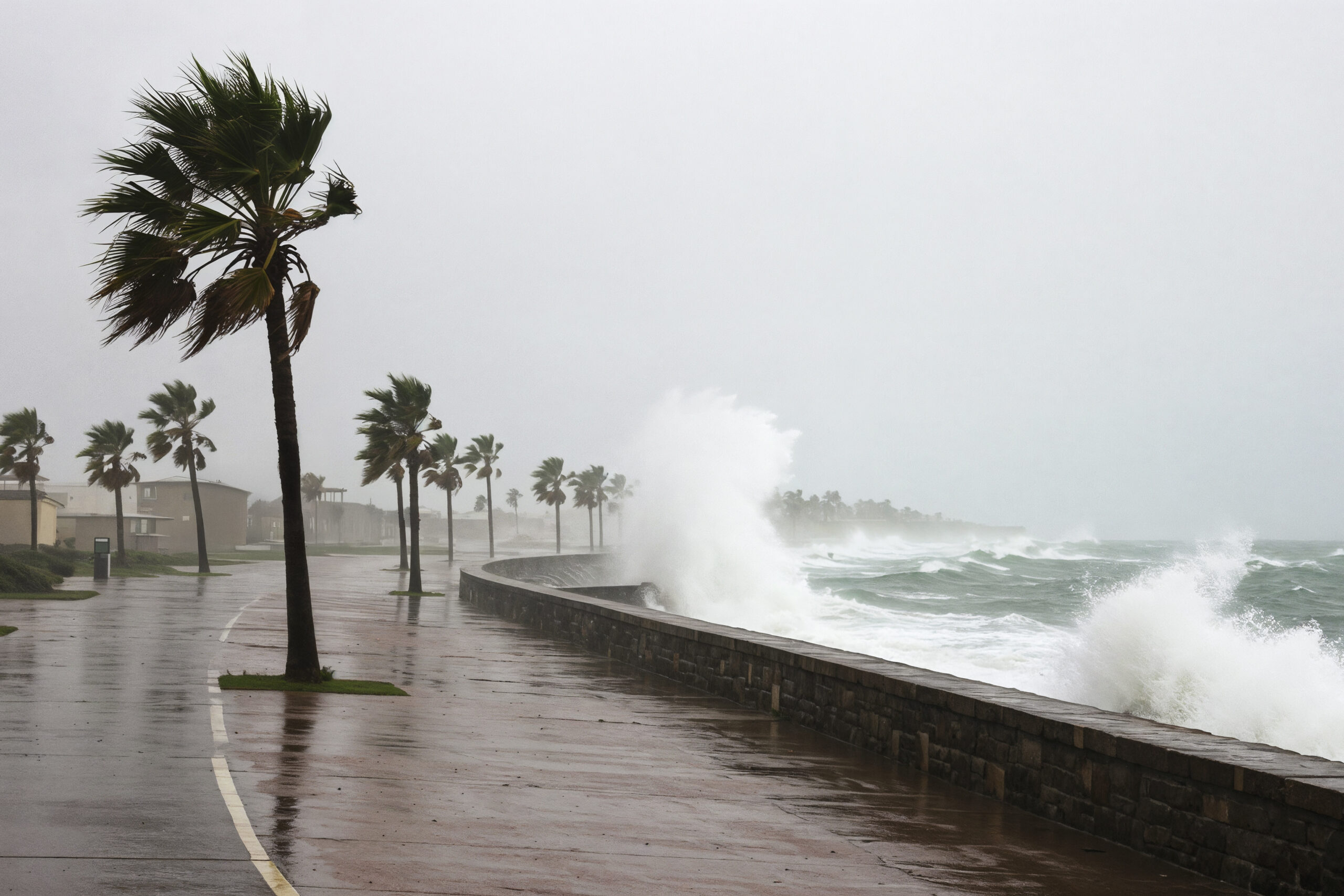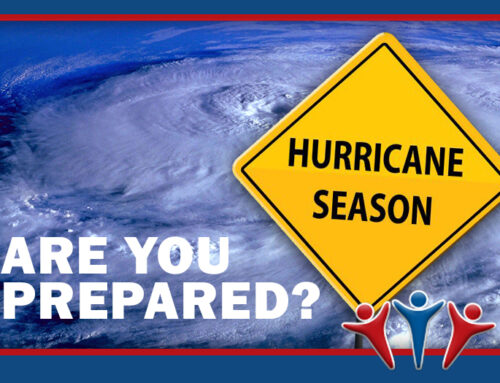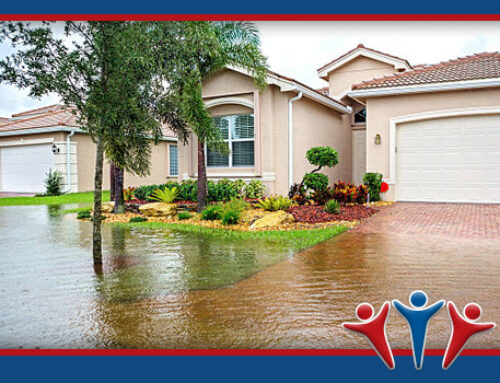Hurricane season is here, and one of the best ways to protect your family and your home is to understand what your insurance really covers. Unfortunately, many homeowners are caught off guard by misconceptions about their policies. Let’s clear up some of the most common myths:
Hurricane season is here, and one of the best ways to protect your family and your home is to understand what your insurance really covers. Unfortunately, many homeowners are caught off guard by misconceptions about their policies. Let’s clear up some of the most common myths:
Myth #1: My homeowners insurance covers flooding.
False. Standard homeowners’ policies do not cover flood damage. Flood insurance is a separate policy, often through the National Flood Insurance Program (NFIP) or private carriers. Even if you’re not in a high-risk zone, flooding from storm surge or heavy rain can still happen.
Myth #2: Hurricane deductibles are just like my normal deductible.
Not exactly. In Florida, most hurricane or windstorm deductibles are percentage-based, not flat amounts. For example, if your home is insured for $300,000 with a 2% hurricane deductible, you’ll be responsible for the first $6,000 of hurricane-related damages.
Myth #3: If I don’t live on the water, I don’t need hurricane coverage.
Think again. Hurricanes can bring damaging winds and inland flooding for hundreds of miles from the shoreline. Checking your coverage—even if you’re inland—is essential.
Myth #4: Flood insurance is only for homeowners.
Renters need coverage too! A flood policy can protect your belongings, even if you don’t own the building. Likewise, business owners should consider coverage for both their property and their contents.
Myth #5: Federal disaster assistance will cover me if a storm hits.
Relying on this can be a costly mistake. Federal aid usually comes in the form of low interest loans, not grants, and often doesn’t come close to making you whole. Insurance is your best financial protection.
Bottom line: Every home and family’s needs are different. Reviewing your policy before the next storm is the best way to avoid costly surprises.





